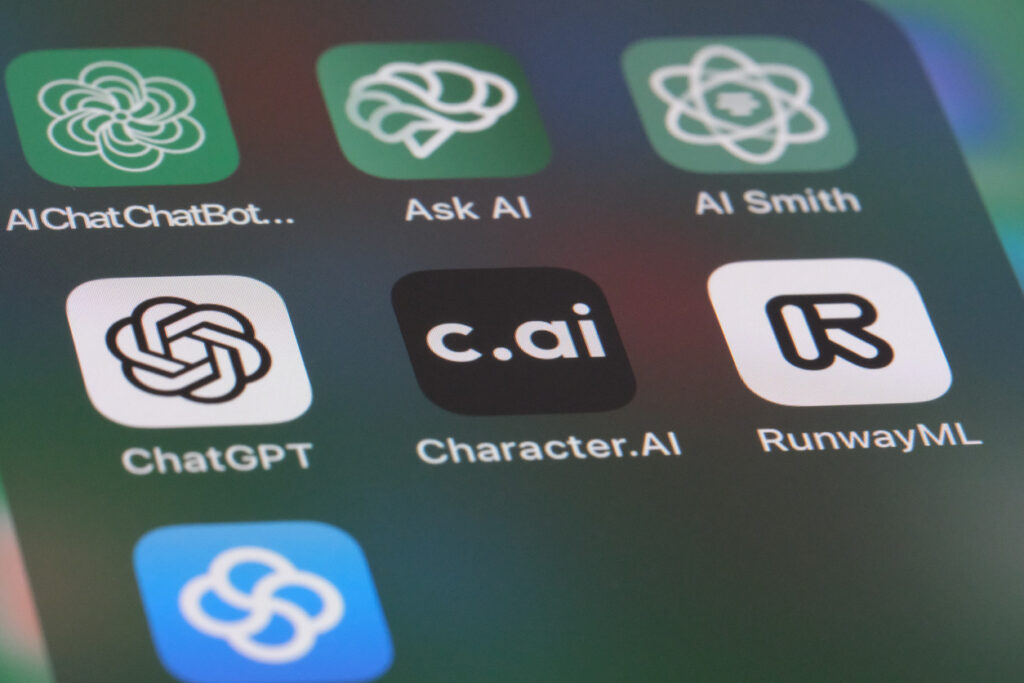Will AI lead Google Paid Advertisers to Ask for a Refund?
In May 2024, Google unveiled a suite of new AI products as part of its strategy to reassert its position as a dominant powerhouse in all things technology. This approach includes revamping its Google Search functionality, the product after which it has a verb named, by incorporating its proprietary AI, named Gemini, into Search. Was…
Read MoreDigital Assets as Commodities: Proposed Bill that Would Favor the CFTC as the Primary Regulator of Digital Assets Passed the House
Despite being a frequent topic of discussion for government agencies and lawmakers, digital assets and their markets are still largely unregulated in the United States. This is due in part to the debate over which agency should be in control of creating an overarching regulatory framework for digital assets. Instead of proposing new regulatory schemes…
Read MoreTicketmaster’s Cruel Summer – the potential implications of a DOJ lawsuit against the ticketing platform and why concert fans may not be out of the woods yet.
It looks like it could be a “cruel summer” for the country’s largest concert promoter, Live Nation Entertainment and its subsidiary ticketing platform, Ticketmaster. In early April, the Wall Street Journal reported that the Department of Justice was preparing to file a lawsuit against the promoter, alleging that the company used its monopoly over the…
Read MoreThe FTC Kills Noncompetes
In a groundbreaking move that will reshape the workplace and many litigation practices nationwide, the FTC has issued a final rule that effectively bans all employee non-compete clauses. Approximately 30 million Americans currently work under a non-compete clause. All but a few applicable to senior executives will be void upon the effective date of the…
Read MoreAd-Tech Europe: The Moving Target Marking Targeted Advertising
The European Data Protection Board (“EDPB”) recently published an opinion on the legality of pay-or-consent models for online platforms offering services in Europe. While the opinion is non-binding and limited to “large online platforms[1],” companies that offer platforms large and small in Europe should pay attention to the EDPB’s analysis—it will inform their future guidance…
Read MoreSocial Media Networks’ Section 230 Immunity on the Chopping Block? New York Court Allows Claims to Proceed Stemming from Buffalo Shooting
Since 1996, Internet platforms and social media companies have relied on a federal law, Section 230 of the Communications Decency Act, to protect them from liability for civil law claims stemming from content on their platforms. As the influence of platforms like Facebook, Twitter (now X), and others has grown, members of Congress, consumer groups,…
Read MoreOpenAI’s Legal Troubles Mount as New York Times Lawsuit Escalates Alongside SEC Investigation
On February 28th, 2024, the Wall Street Journal reported that the Securities and Exchange Commission (”SEC”) is investigating OpenAI’s internal communications following the board’s ousting and re-introduction of OpenAI CEO Sam Altman in November 2023. Importantly, the SEC’s scrutiny of OpenAI adds to the mounting legal and regulatory challenges faced by the company. As rationale…
Read MoreDing Dong – The Police Want Access to Your Doorbell Footage. Can They Get It?
The popular electronic doorbell company, Ring, recently announced a change to its policy of sharing doorbell footage with law enforcement agencies. In a blog post, the company, which is owned by Amazon, revealed it will sunset the “Request for Assistance” tool, which allowed law enforcement agencies to request and access users’ doorbell footage through Ring’s…
Read More2024, AI, and the Harnessing of the Wild West
We are writing a lot about artificial intelligence these days… but then there is a lot to say on the topic. AI is making headlines in terms of legal battles and legislative developments. At the end of 2023, the New York Times filed suit against Microsoft and OpenAI for copyright infringement based upon alleged unauthorized…
Read MoreNavigating the AI Regulatory Landscape: Comparing Biden’s Executive Order and the EU’s Artificial Intelligence Act
The regulation of artificial intelligence (“AI”) is a popular topic of discussion. Politicians, activists and even AI developers have weighed in to urge the Government to take steps to create guardrails for the technology’s development and use. Yet, until recently, governments and regulators have been slow to take action and pass concrete legislation – leaving…
Read More










